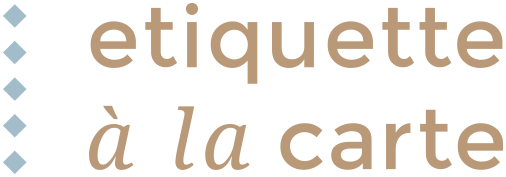The glue of life.
‘Have you ever tried to walk on eggshells?’ The woman facing me smiled while visibly thinking of something in the past. I looked at her, we were having tea at La Fontaine near the beach in Kijkduin. ‘Never Irene, I love eggs but … My friend didn’t let me finish, ‘you remember that Italian company I worked for as an export manager in Milan?’ Two Dutch citizens we had met at Amsterdam University where we studied International Management before leaving Holland for other horizons. Today, years later, both with what we called our South European experience, we were chatting, not without enjoying the seaside in The Hague. ‘Yes, my boss never asked me about my opinion and ‘forgot’ to include me in their decision-making process, in spite of my rank in hierarchy, I was a manager after all’. Irene’s face spoke volumes, her tone to become a little aggressive when saying that more than once she had got tired from her micro manager of a boss beating about the bush. I laughed ‘It reminds me of my own job in Toulouse, when I needed some stationery, without approval no pencil on my desk!’ Always the same in the south, but why? Irene was right, that much bureaucracy in one single place! I had often regretted my Canadian firm in Paris from earlierdays.
To discover one day that it was all about trust. But what is trust? ‘The glue of life’ according to American writer Stephen M.R. Covey (1932 – 2012) who in his book ‘The Speed of Trust (2006)’ explains that even if trust is not a cultural dimension per se, the perception of trust varies greatly from one culture to another since trust in communication is mainly about relationships.
A theory highly supported by American economist, Francis Fukuyama (1952 -) who introduced the theory of voluntary associations in non-kin relationships where trust can be high or low. In a low- trust society like France, people work to live. The family unit is strong and even the State is nurturing young people at the Grandes Écolesto become those bureaucrats to better the nation. Work relationships are built up slowly by sharing meals or around the coffee machine.
In a high-trust society, people on the contrary, live to work and associate freely in setting up businesses. In Northern European countries, trust is exhibited on a high level. Negotiations are faster, people come straight to the point and there is little bureaucracy. ‘I enjoy working with you, I trust you’.
In the south of Europe on the other hand, people need time to get to know each other, business is more time-consuming and trust is hidden behind a heavy protecting bureaucracy. Trust influences our behaviour and our relationships. This low level of non-kinship trust explains that typical slowness when for instance, you wish to be asked for your opinion or you need a piece of stationery. In the South it is definitely ‘I know others well who trust you, I trust you’.
One should however never forget that in both high- and low-trust societies ‘trust is like an eraser, it gets smaller and smaller after every mistake’. (Anonymous)
By Micky Keeren April 2019
For Etiquette à La Carte

